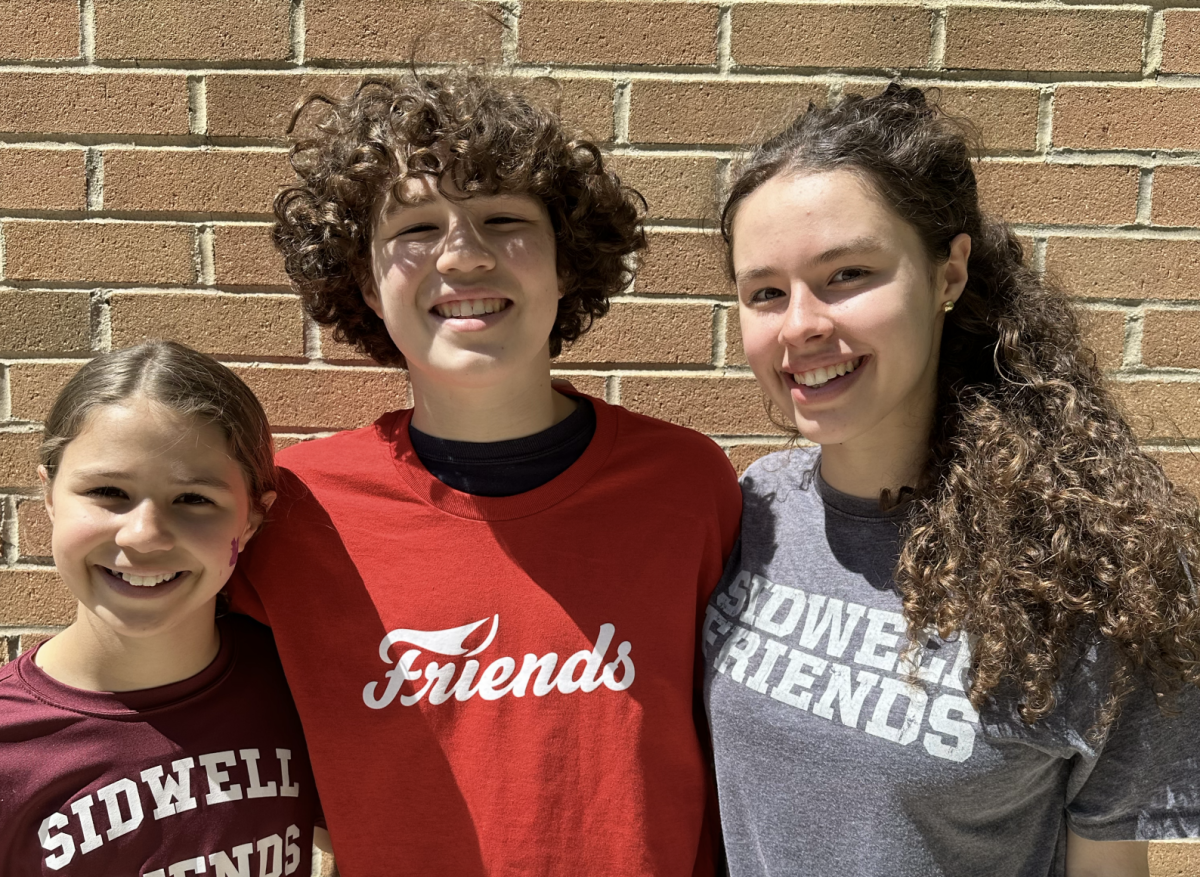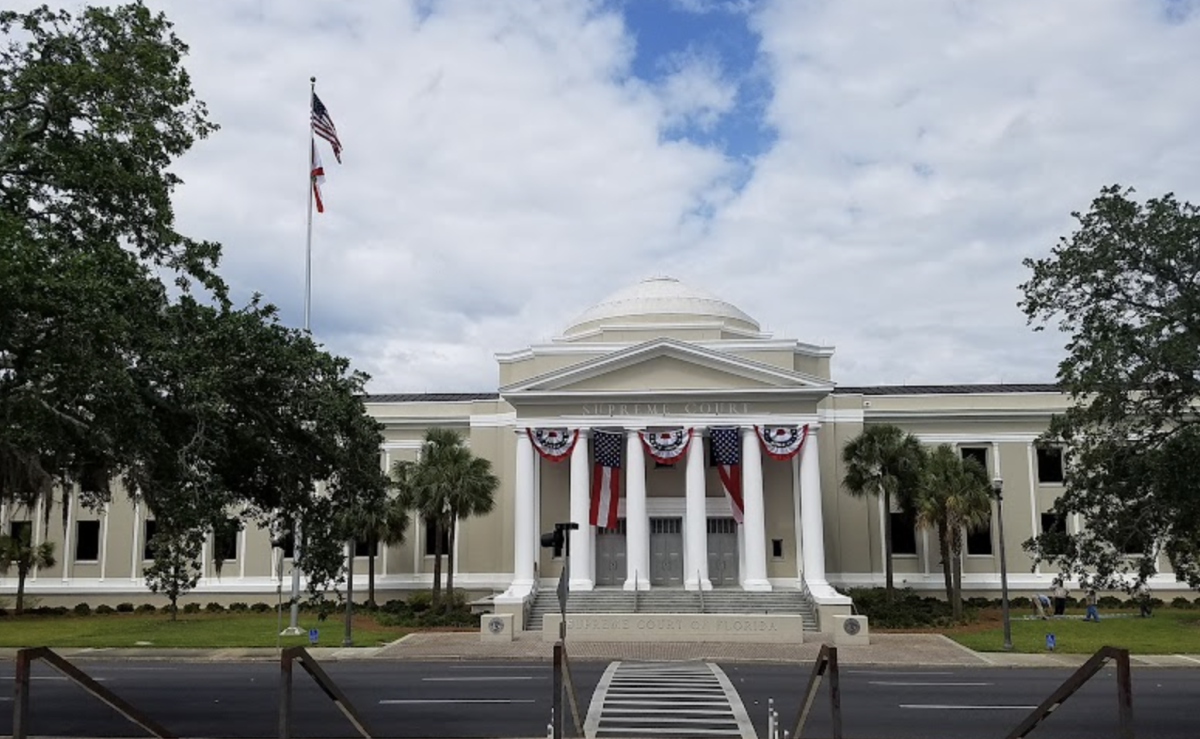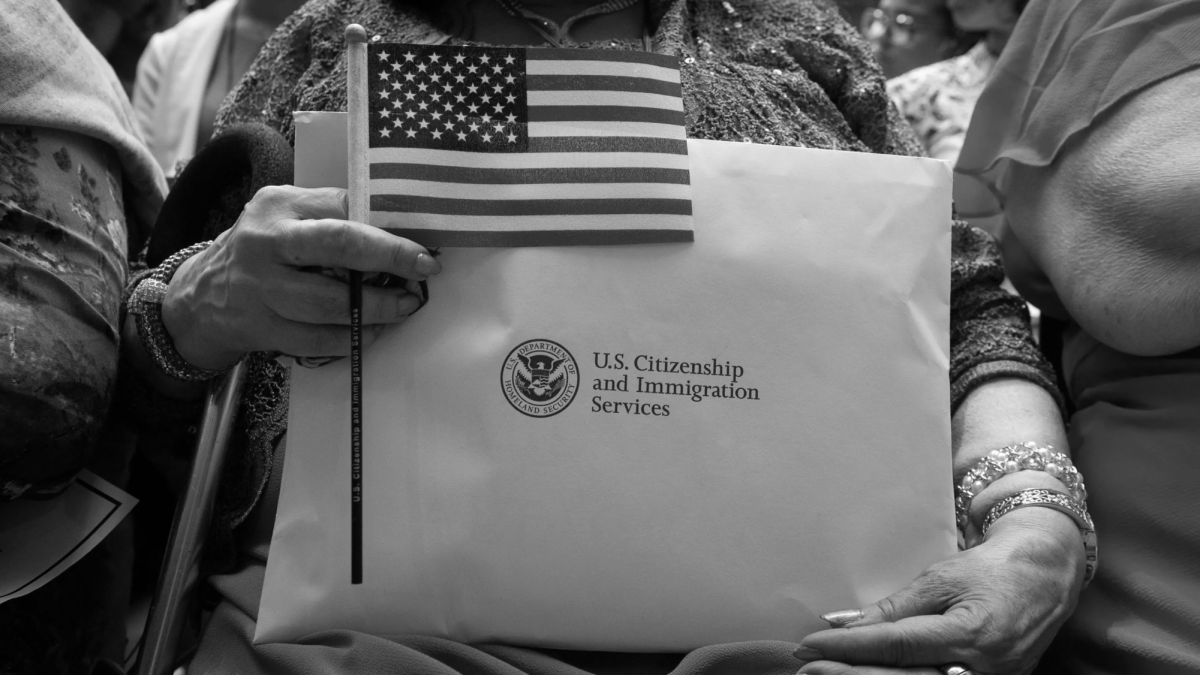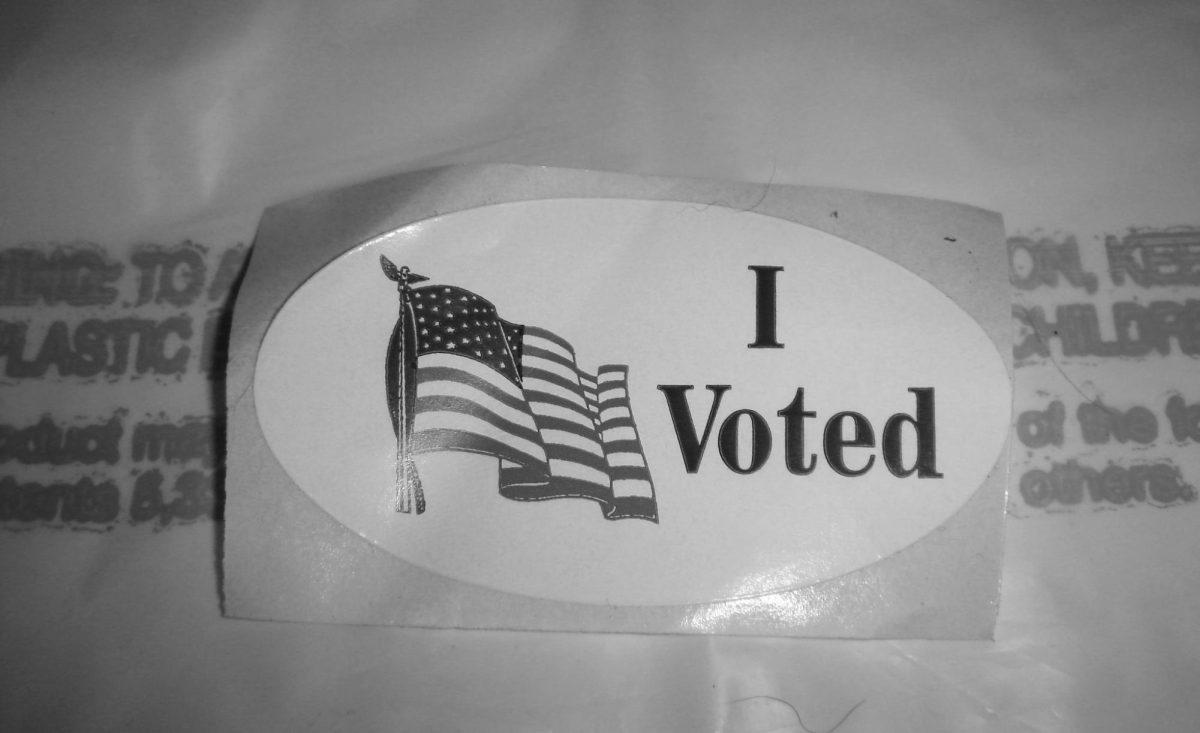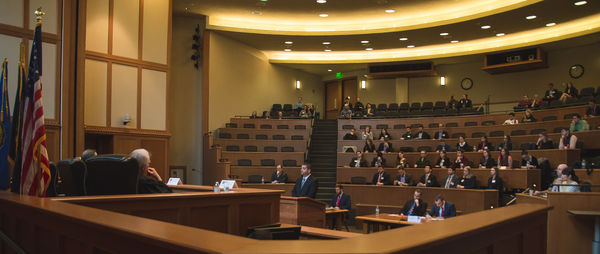
On Feb. 16, the Alabama Supreme Court ruled that embryos can be considered children and should be treated as such. Since the ruling in Alabama was instated, many doctors have voiced concerns over the new definition of an embryo.
In 2023, three suits were filed against the Mobile Infirmary Medical Center in Mobile, Ala. These suits came after three couples’ embryos, being stored for in vitro fertilization (IVF) treatments at the Mobile Infirmary Medical Center, were dropped by a patient in 2020. The Alabama Supreme Court concluded the case by ruling that all embryos are “children” under the Wrongful Death of a Minor Act in the state of Alabama.
The American College of Obstetricians and Gynecologists fears that the ruling in Alabama was based on false research, spreading uneducated decisions throughout the country.
Researchers in the Journal of Obstetrics and Gynecology affirmed that “when new abortion legislation defines personhood from the time of fertilization, the door is opened to regulation of embryos in the IVF laboratory. Laws that prevent embryo cryopreservation may be enacted because of the potential for embryonic loss.”
These researchers are concerned that Alabama’s rulings will diminish the goal of IVF, which is to create as many embryos as possible to increase the chance of pregnancy. If Alabama’s ruling spreads, there are concerns about the storage of embryos and the continuous creation of new embryos after patients are satisfied with their treatment. Some IVF treatments across Alabama have already been “paused” in the past month since the decision.
The case has also raised questions across the country surrounding the definition of a child and what should be counted as a living human. Medical and scientific research worldwide states evidence directly contradicting Alabama’s ruling.
A “legal” definition published in 2023 by the journal “Cell,” contributed by the United States, defined an embryo as “a group of human cells supported by elements fulfilling extraembryonic and uterine functions that, combined, have the potential to form a fetus.” This definition did not mention childlike or humanlike qualities, causing discrepancies from the most recent definition in Alabama.
In the same article, Vienna biologist Nicolas Rivron voices his concerns over the various definitions of embryos. Rivron states that “the legal definition of an embryo differs from the biological definition as it does not aim to describe the embryo scientifically but rather to protect it.” Rivron acknowledges that legal definitions, like the Alabama Supreme Court’s ruling, might focus on protecting embryos rather than using medical research to produce a scientifically accurate description of an embryo.
Sophomore Lucy Verma finds the discrepancies of Alabama’s recent ruling withstanding medical knowledge concerning. In agreement with Rivron, Verma said the limitations of IVF “will give more room for radical ideas that will integrate into medicine. The medical field will become more opinion-based than more factual-based. [This is just] the beginning of limiting certain rights.”
Following Alabama’s ruling, Illinois Senator and Democrat Tammy Duckworth has put together a bill to protect IVF rights throughout the United States. Duckworth, who had two children through IVF, is an avid supporter of the treatment.
From her own experience, taking ten years to have her first child, she “discarded the three non-viable [eggs] because if I were to implant those, I would have had a miscarriage with all three eggs.” At that time, in 2013, Duckworth’s doctor acknowledged that under “these personhood definitions that these groups are pushing for, [he] could be convicted of manslaughter or murder for throwing out those three non-viable eggs, and so we could no longer practice reproductive medicine.” Since Duckworth could have her children through IVF, she knows the necessary process and how much it could change from a ruling like the one in Alabama.
Duckworth is striving to reach bipartisan support for her bill but has received little support from the Republican party. She claimed, “Republicans across the nation have for decades now worked as hard as they can to give rights to a fertilized egg that are far greater than a living, breathing human being and to take away women’s access to reproductive health care.”
Duckworth wants to prevent the worries of The American College of Obstetricians and Gynecologists and Nicolas Rivron from becoming a reality. Still, she is struggling to do so without the cooperation of the Republican party.
The American College of Obstetricians and Gynecologists declared that “the outcome of this case will certainly affect access to fertility treatment across the country as more and more state legislatures advance policies that are based on an ideological and unscientific definition of personhood.”





